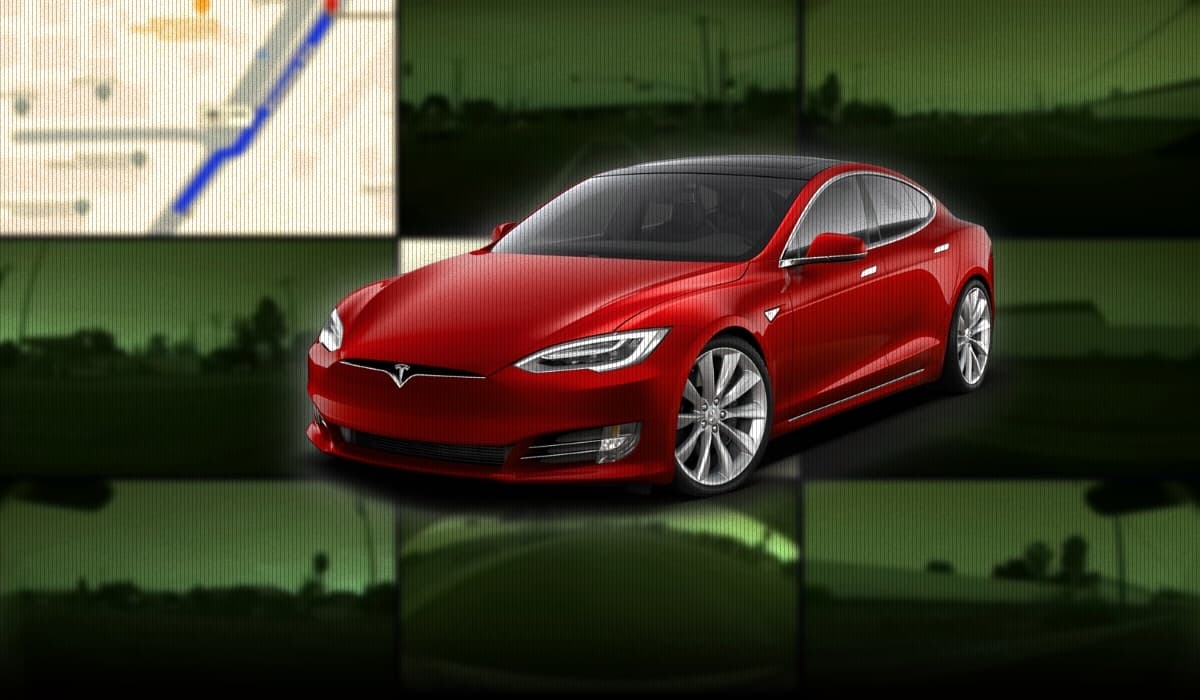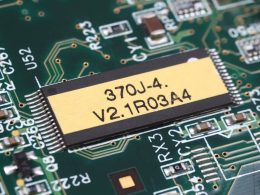Is it impossible to crack Tesla autopilot? Not for these German researchers who’ve just unveiled ‘Elon Mode’ to exploit the popular autopilot feature.
Three cybersecurity researchers from Technische Universität Berlin (Technical University of Berlin/TU Berlin) have successfully hacked Tesla’s autopilot system. Their exploit, achieved with relatively inexpensive equipment, grants access to internal hardware and even unlocks a hidden “Elon mode” with enhanced capabilities.
TU Berlin’s doctoral students Christian Werling, Niclas Kühnapfel, and Hans-Niklas Jacob used tools costing around €600 (£520 – $660) to root the ARM64-based circuit board of Tesla’s autopilot. This allowed them to extract arbitrary code and user data, including cryptographic keys and important system parts. They also accessed a deleted GPS coordinates video as it wasn’t overwritten.
However, the biggest catch was the exposing of the hidden “Elon mode,” which was discovered in June 2023 by a Twitter user (Now X) @greentheonly. This feature is a part of Tesla’s self-driving technology but has never been acknowledged by the company.
For your information, Tesla’s “Elon mode” is a hands-free, full self-driving feature through which vehicles can self-drive without driver input or monitoring. However, as per TU Berlin researchers, this hack could enable premium features for free. They could enable additional performance capabilities and disable safety features through this mode.
It is worth noting that @greentheonly, the cybersecurity researcher, is the same individual who, in May 2020, uncovered sensitive customer data in Tesla car parts being sold on the multinational e-commerce platform eBay.
This isn’t the first time security loopholes have been discovered in Tesla vehicles. Hackread.com has previously reported a Tesla infotainment AMD processor hack that enabled free seat heaters.
For your information, in August 2023, researchers from TU Berlin and Oleg Drokin reported a flaw in Tesla’s Bluetooth system that led to unlocking in-car purchasable features. They gained root access to the MCU-Z infotainment system, allowing them complete control over the vehicle’s operating system and activation and deactivation of its systems.
As per a report from the German news outlet Der Spiegel, this research was conducted in a controlled environment. Der Spiegel’s report reads that manipulating the autopilot of other people’s parked Tesla vehicles is unlikely because such attacks are not feasible outside the laboratory.
Still, this research has confirmed the existence of the yet-rumored “Elon Mode” and may affect consumers’ trust in Tesla’s safety architecture. It exposes autopilot system gaps, raising concerns about potential misuse and ethical implications, emphasizing the need for robust cybersecurity measures.
Watch the presentation
Nevertheless, after informing Tesla, the researchers presented these findings at the Chaos Computer Club congress in Hamburg. Tesla has not released its statement so far. We will update our readers when the company responds.










